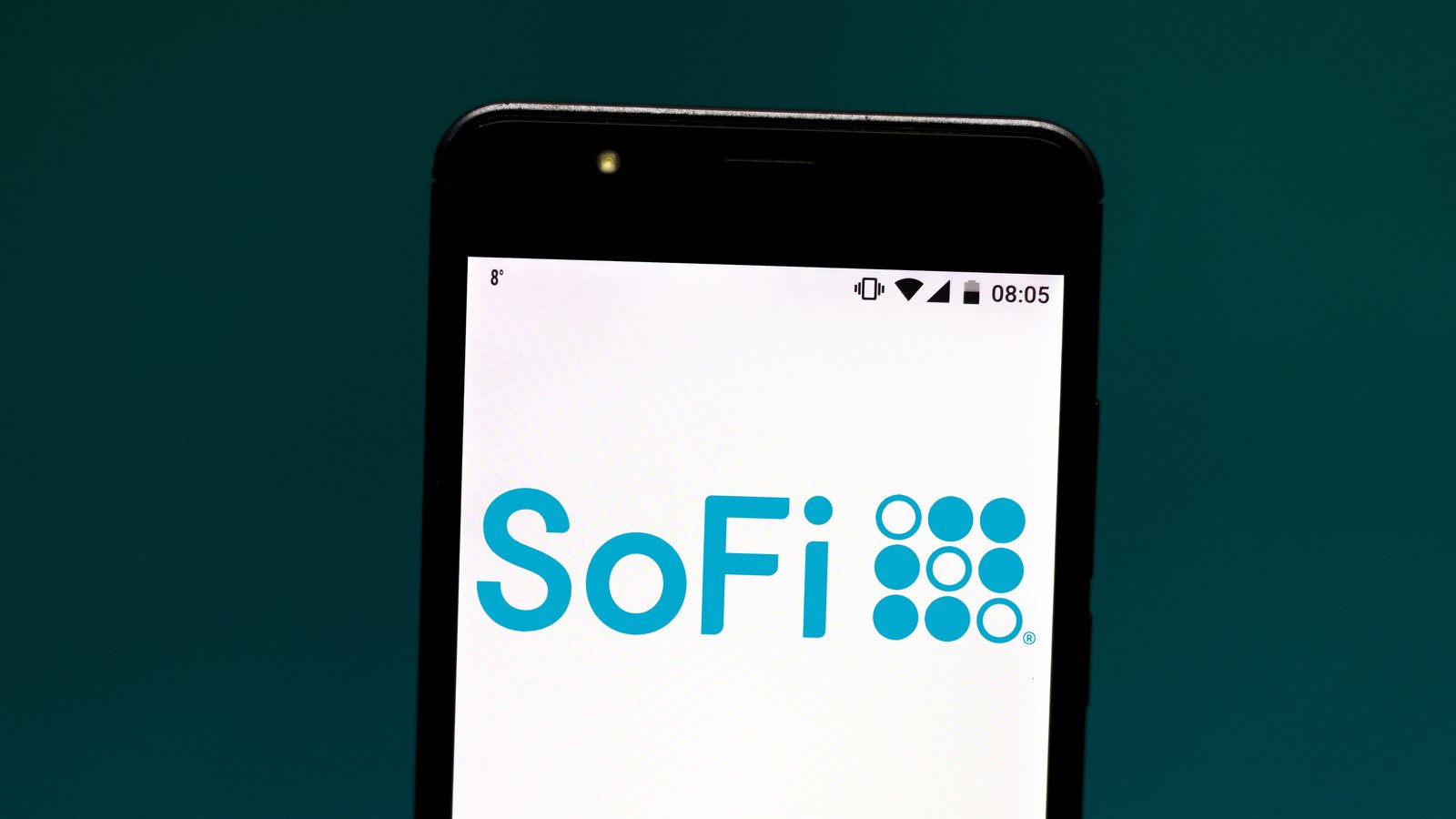SoFi Technologies (NASDAQ:SOFI) stock has, on balance, gone nowhere in 2021. It’s also, potentially, the Amazon.Com (NASDAQ:AMZN) of the fintech space.

That’s because SoFi is two companies. One is the customer-facing bank and brokerage firm, the one with the ads reading “Save, spend, earn, borrow and invest – all in one app.”
The second is a subsidiary called Galileo, which lets banks and brokers compete with SoFi through Application Program Interfaces (APIs).
APIs are powerful things. They’re why Zoom Video (NASDAQ:ZM) continues to gain strength, and why Twilio (NASDAQ:TWLO) is more than it appears.
APIs are hooks that let your customers do what another company does, what you can’t. Videoconferencing in the case of Zoom, telephony in the case of Twilio.
Galileo and SoFi Stock
SoFi bought Galileo in April 2020 for $1.2 billion. At the time Galileo was termed a “payment processor.”
By 2020 Galileo had been around for a decade, mostly connecting small banks to payment networks like Visa (NYSE:V) so they could brand their own credit cards. Galileo took the deal to expand into other areas of banking and brokerage.
With a lot of that software work now complete, Galileo is ready to grow under the SoFi banner. Founder Clay Wilkes has been moved up, to vice chairman and member of the SoFi board.
Derek White has been recruited from Alphabet (NASDAQ:GOOGL), where he was vice president of Global Financial Services at Google Cloud, to be Galileo’s CEO. White’s experiences give him a deep knowledge of where the problems are in insurance, brokerage and banking. He knows the players.
Banks, brokers, and insurers will want to use Galileo’s APIs for the same reason merchants might want to sell through Amazon.
It’s a lower-cost solution. All they need do is sell. Galileo is using these customers to grow its software and computing infrastructure, just as Amazon used third-party sellers to grow its store operations.
Wholesale and Retail
Galileo will do the wholesale business, while SoFi itself does the retail.
None of this work is yet reflected in the SoFi stock price. The company next reports August 12, with analysts expecting a small loss, five cents per share, and revenue of $237 million.
Even if SoFi hits analysts’ revenue estimates of $981 million for all of 2021, you’re paying over 12 times sales. That’s rich for a bank.
But SoFi isn’t a bank, or rather it’s not going to remain just a bank. It’s a tech company serving both other banks and retail customers. That’s why analysts are now pounding the table for it.
Our Will Ashworth called SoFi stock a buy at $21, and a buy at $16. He still likes it.
It’s a buy because it has an “A to Z offering,” with banking, lending and money management in one app. TV analyst Jim Cramer sounds like a broken record. “Just go buy SoFi,” he says.
Our Larry Ramer says that SoFi is still primarily a lender, and he’s right. That’s where its money comes from today, but you’re always buying tomorrow with stocks and SoFi looks set to be something completely different.
The Bottom Line
You don’t have to rush into SoFi. Its financial performance means it will probably bounce around a little. On August 4 the stock was getting a small lift from the Square (NASDAQ:SQ) purchase of AfterPay, adding nearly 10% overnight, but that should fade quickly. It’s irrelevant to the SoFi investment case.
It is possible that we all have this wrong. Don’t throw any money at SoFi you can’t afford to lose. This is a speculation that may not pay off right away, but the management looks right, the technology looks ready, so the time to buy is now.
On the date of publication, Dana Blankenhorn held long positions in AMZN. The opinions expressed in this article are those of the writer, subject to the InvestorPlace.com Publishing Guidelines.
Dana Blankenhorn has been a financial and technology journalist since 1978. He is the author of Living With Moore’s Law: Past, Present and Future available at the Amazon Kindle store. Write him at [email protected] or tweet him at @danablankenhorn. He writes a Substack newsletter, Facing the Future, which covers technology, markets, and politics.
